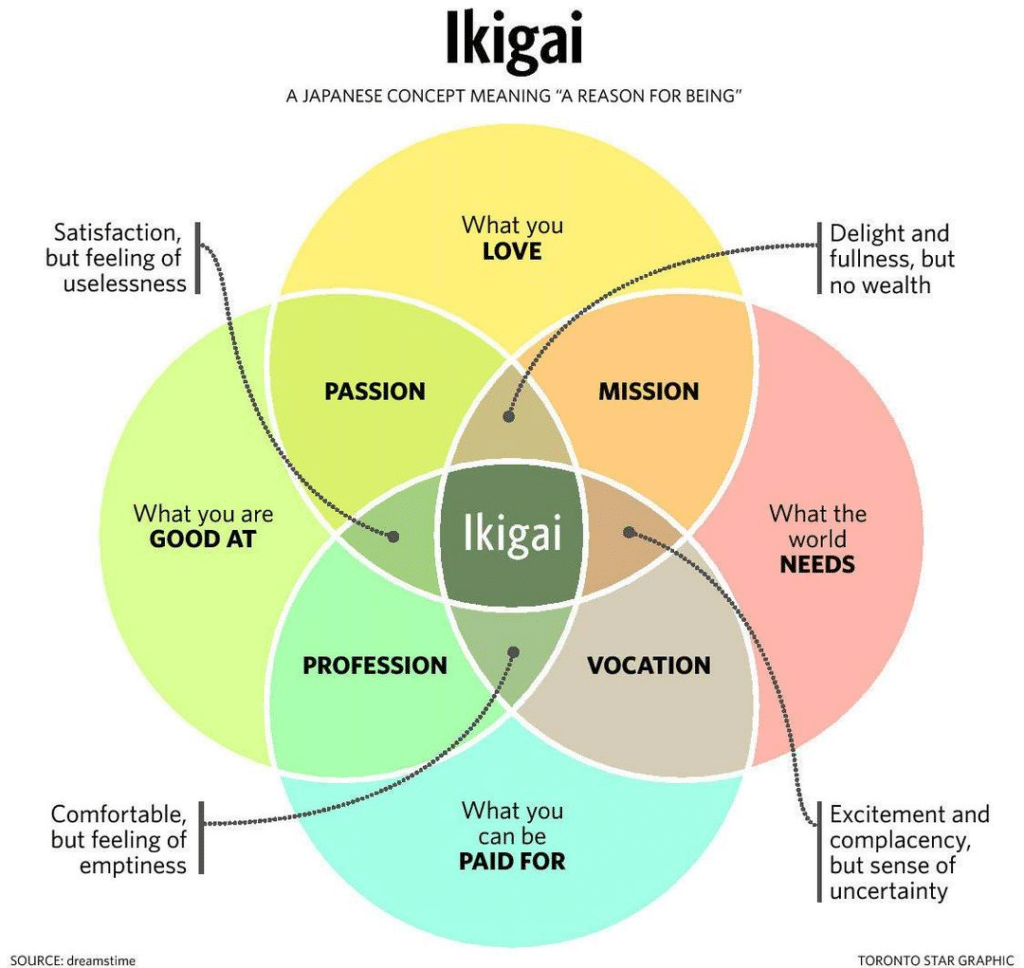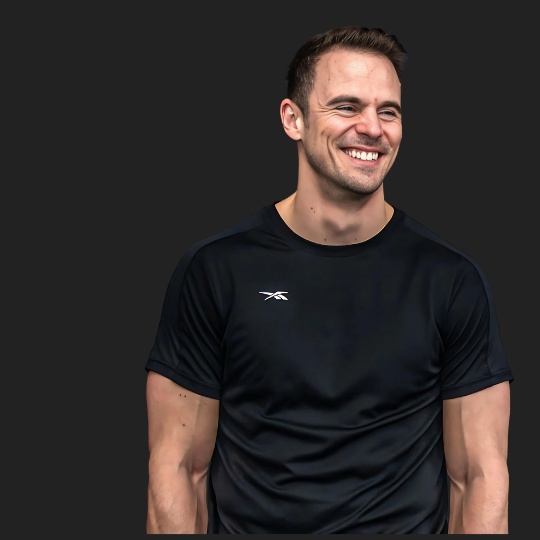Dan Buettner, a renowned longevity expert who introduced the world to “blue zones”—places where people live significantly longer than average—has spent over two decades unraveling the secrets of the world’s oldest populations.
Buettner’s “blue zone” eating habits hold the potential to add years to your life, and his simple approach is easier to embrace than you might think. Discover the transformative power of his longevity principles.
Jump to:
- Eating Within a Limited Time Frame
- Consistent Inclusion of Beans in Diet
- Hara Hachi Bu: Mindful Eating
- Lifestyle and Social Eating Habits
- Plant-Based Diet Emphasis
- Beyond Diet: Lifestyle Habits from Blue Zones
- Move the Blue Zone Way
- Discover Your Ikigai
- Wine at 5? The Benefits of Moderation
- Buettner’s Flexible Approach
Eating Within a Limited Time Frame
Consistency in meal timing is one of Buettner’s key strategies for maintaining health as he ages.
He follows a routine where all daily calories are consumed within a 10- to 12-hour window.
Typically, this means having breakfast around 11 a.m. and dinner by 7 p.m., aligning closely with patterns observed in longevity hotspots.
Consistent Inclusion of Beans in Diet
Beans are a staple in Buettner’s diet, echoing his findings that a daily cup can add about four years to one’s lifespan.
His day often starts with a hearty Sardinian minestrone, packed with three types of beans and various vegetables.
This dish not only fulfills nutritional needs but also incorporates spices like red pepper flakes—to boost metabolism—and herbs like oregano and rosemary for their anti-inflammatory and antioxidant properties.
Hara Hachi Bu: Mindful Eating
The Okinawan adage “Hara Hachi Bu,” which translates to “eat until you are 80% full,” embodies a key principle of Dan Buettner’s longevity philosophy.
This simple practice can make a profound difference in weight management, overall health, and our relationship with food.
Instead of focusing on deprivation, Hara Hachi Bu encourages us to tune in to our body’s signals of satiety, preventing overeating before it even happens.
Lifestyle and Social Eating Habits
Despite his disciplined diet, Buettner enjoys the social aspect of dining and often eats out. However, he tries to stick to plant-based options.
His favorites include cannellini beans, spinach, and roasted potatoes, and he often opts for plant-rich dishes like red or green curry tofu at Indian restaurants.
These choices help him avoid saturated fats without sacrificing satisfaction or flavor.
Plant-Based Diet Emphasis
“I’m about 98% plant based”, Buettner states, noting that while people in blue zones do consume meat, it’s minimal.
Compared to the average American who eats around 220 pounds of meat annually, blue zone inhabitants only eat about 20 pounds.
Buettner himself prefers to reserve meat for occasional use, suggesting that a longevity diet can include meat once a week without adverse effects.
Beyond Diet: Lifestyle Habits from Blue Zones
While his plant-forward diet plays a significant role, Buettner’s approach reflects the broader picture of blue zone living. These regions boast more than just specific food choices. Here’s what else we can learn:
Purposeful Movement: People in blue zones don’t hit the gym; they integrate activity seamlessly into daily routines. Buettner likely emulates this by walking, biking, or gardening.
Stress Reduction: Chronic stress ages us prematurely. Blue zones offer natural stress-reducing practices – taking naps, engaging with spirituality, or spending time in nature.
Community Connection: Strong social bonds are a hallmark of longevity hotspots. Buettner’s social eating habits align with this, showing us that enjoying meals with loved ones is crucial for our well-being.
Move the Blue Zone Way
Dan Buettner recognizes that the gym isn’t the only answer to longevity. He emulates the Blue Zone approach of integrating movement into daily life.
This could mean brisk walks, taking the stairs instead of the elevator, gardening, or even dancing around the house while doing chores. Highlight the benefits of this natural movement for health and well-being.
Discover Your Ikigai

In Okinawa, Japan, the concept of “ikigai” is a driving force behind longevity.
Roughly translated as “a reason for being,” your ikigai is what gets you out of bed in the morning. It’s the intersection of what you love, what you’re good at, what the world needs, and what you can be paid for.
When you have a strong ikigai, life has meaning, and research suggests that this sense of purpose can add years to your life.
Wine at 5? The Benefits of Moderation
In most Blue Zones (except for the Seventh-Day Adventists who abstain from alcohol), moderate wine consumption is often woven into daily life and social gatherings.
Dan Buettner recognizes this pattern, and while not a central pillar of his longevity approach, he likely acknowledges it as a potential benefit when enjoyed responsibly.
Buettner’s Flexible Approach
While Dan Buettner’s daily habits provide a valuable blueprint for longevity, he understands that rigid rules can be counterproductive.
His occasional meat consumption and enjoyment of social dining demonstrate flexibility within his overall healthy framework.
It’s this balance that makes his approach both sustainable and realistic for those of us seeking to prioritize long-term health without sacrificing the joys of modern life.














